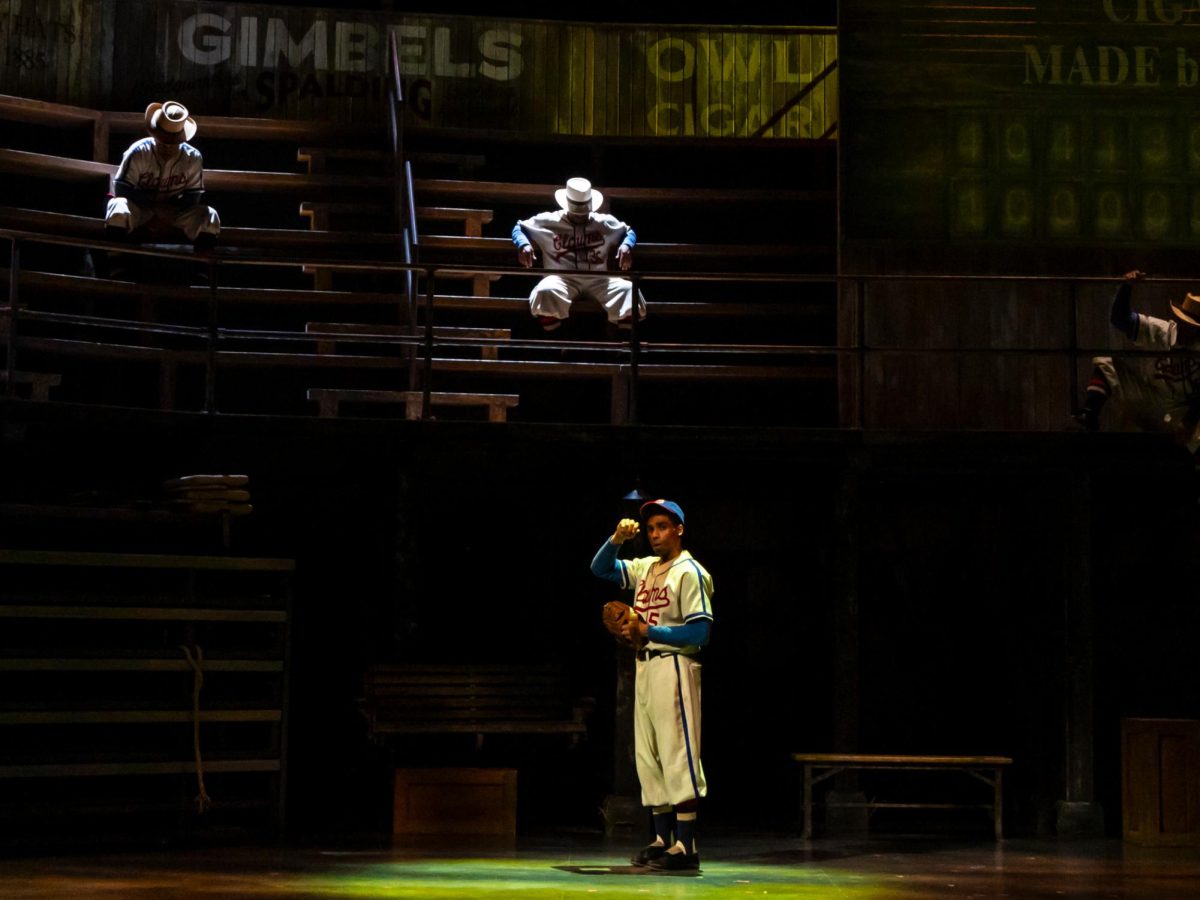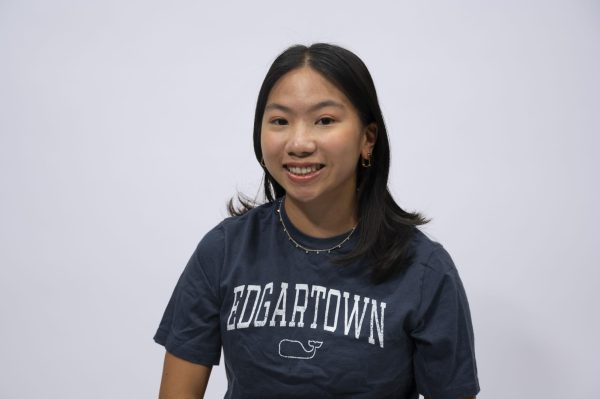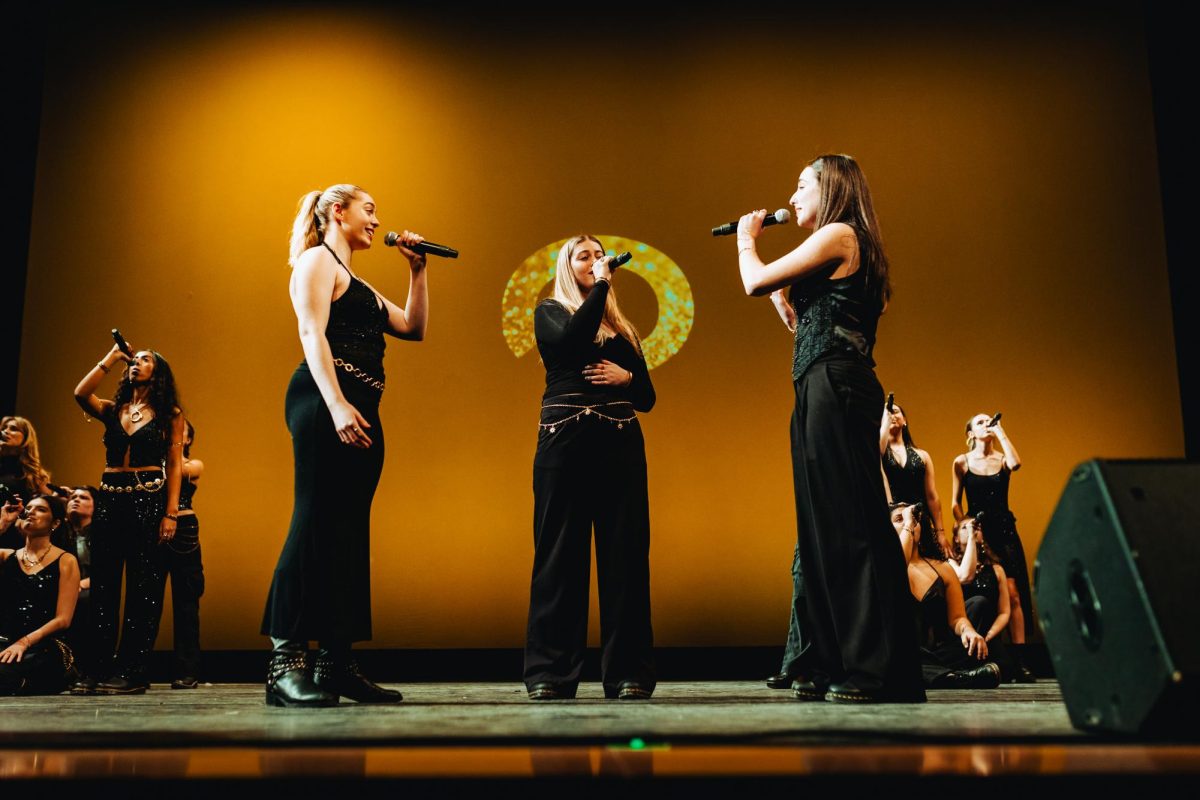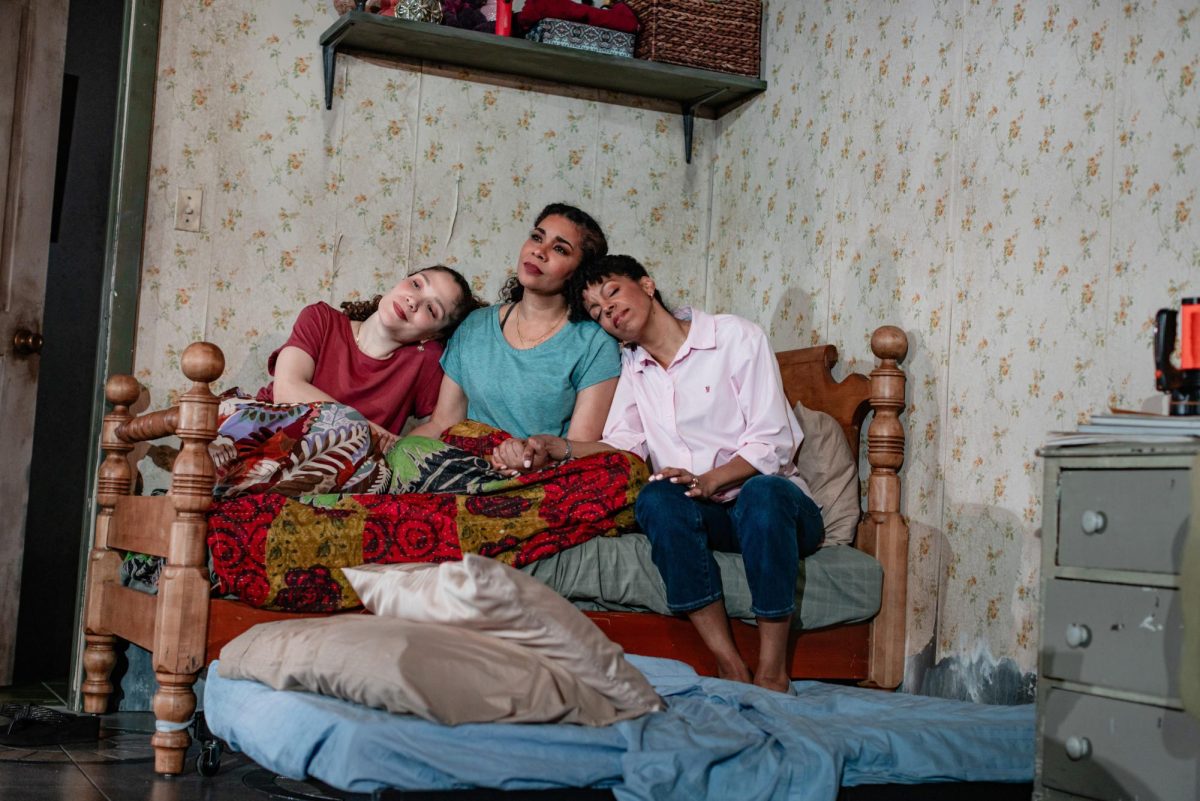Lydia R. Diamond’s play “Toni Stone,” about the first woman to play professional baseball in the Negro Leagues, is running at The Huntington Theatre from May 17 to June 16. Based on Martha Ackmann’s book “Curveball: The Remarkable True Story of Toni Stone,” the baseball player’s journey is an inspiration to many people, including the cast.
When the All-American Girls Professional Baseball League rejected Stone (Jennifer Mogbock), whose birth name is Marcenia Lyle, due to her race, she became the first woman to play on a male team in the Negro Leagues in 1953. Anthony T. Goss, a Northeastern alum who graduated in 2013 with a degree in communication studies, plays Stone’s teammate Elzie, a “tough-talking ballplayer whose macho swagger often covers up his closeted sexuality,” according to the Huntington Theatre’s website. Goss is excited to be a part of the “Toni Stone” production for many reasons, from the play’s historical significance to feeling nostalgia from playing baseball when he was younger.
“I wanted to do this particular play about the Negro Leagues. I love plays that are entertaining but also tell a story,” Goss said. “This was a great honor to be a part of this journey, these great men and women like Toni Stone.”
As a Black person born in Roxbury and raised in Dorchester, Goss felt particularly drawn to “Toni Stone,” which fuses sports and theatre, describing the play as a “knockout.” For him, it is much more than one person’s story — it is about Black ballplayers who paved the way for future generations that may not otherwise have had professional athletes to look up to.
“When somebody doesn’t let you play, you find a way to play, right? So you create your own,” he said. “This play highlights the institution of the Negro Major League Baseball outside of Major League Baseball.”
Goss himself was a baseball player when he was younger. He was active in a local little league team specifically for Black adolescents for three years in his early teens. Elzie, the character he plays, thinks he is the best ballplayer in the league.
“I love his sense of humor, the confidence he has and Elzie’s style of play — very fun, very loose,” Goss said.
Despite having previous professional acting credits, including “Gong Lum’s Legacy” and “Cowboy,” Goss was not involved in Northeastern’s theatre programs during his time in college. While taking communication studies classes, he enrolled in theatre classes at Company One Theatre.
“The first time I felt the spark [for theatre] was in high school, but I suppressed it,” he said. “I would take a class to get my feet wet to see if it was something I wanted to do, because honestly, there wasn’t a lot of opportunities for young Black kids who wanted to do theatre.”
After graduating from Northeastern, Goss quit his job at State Street Corporation to pursue theatre in New York City, where he currently lives — and he hasn’t regretted his decision.
Despite saying there have been more opportunities in the industry for Black actors, he hopes to see more diversity in theatre overall.
“Most of the canon that is produced is still coming from the majority,” he said. “That just means that there needs to be more people of color from diverse backgrounds in leadership positions.”
Goss, who is making his Huntington Theatre debut with “Toni Stone,” said he could not have had a better time rehearsing for the show.
“This is probably one of the best experiences I’ve had. Just from the small things, everything is so professional,” he said. “You can tell they’ve been doing this for a while. I feel at home here. It’s a great privilege.”
Goss said it was memorable when he got the opportunity to speak to Bob Kendrick, the president of the Negro Leagues Baseball Museum in Kansas City, Mo. It was a memorable moment for Goss to hear from someone who is connected to the Negro Leagues teach him about the history of the game.
“They introduced a flair for the game that was unlike anything you would see in the [non-Negro] major leagues — stealing bases, doing tricks, having fun on the field — those were all aspects of the Negro Leagues,” Goss said.
He says he can’t wait for audience members to see what The Huntington Theatre has to offer.
“I want Toni Stone’s name to be memorized. It’s the legacy of the Negro Leagues I want them to remember — especially the young people — so then when they go in the world, they have a little more understanding of where they came from,” he said.

















